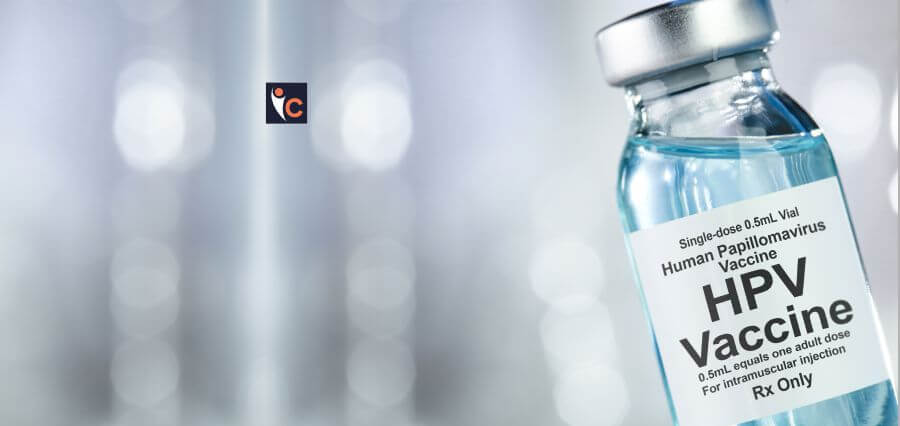A new modelling analysis found that Canada could achieve better efficiency with its human papillomavirus (HPV) vaccination program by adopting a one-dose, gender-neutral strategy. According to estimates, such an approach would keep cervical cancer prevention rates at the same levels as those of the two-dose regimen but would significantly enhance vaccine dose utilization.
The research suggests that if vaccine efficacy holds strong in the sexual activity years, all one-dose vaccination options would be substantially more efficient than the two-dose options even by lesser scenarios. The study suggests that Canada would be able to eradicate cervical cancer between 2032 and 2040. The HPV virus causes other cancers like oral, throat, and penile cancers most of which can be avoided through vaccination.
Dr Chantal Sauvageau is an infectious disease consultant and associate professor at the University of Laval, who said that the COVID-19 pandemic has actually negatively impacted HPV vaccination rates, particularly among vulnerable populations. Economy and flexibility are possible benefits in a one-dose regimen, where investments can be targeted for improvements in regions with lower coverage.
The study, published in the Canadian Medical Association Journal on October 7, finds evidence to support global efforts for single-dose HPV vaccination strategies-especially after the World Health Organization recommended a single-dose strategy in 2022. In July, NACI adjusted its guidelines to the advantage of a single dose for individuals aged 9 to 20 years, similar to 35 other countries, such as Australia and the UK. However, NACI continues to recommend two doses for the 21-26 year age group and three doses for immunocompromised patients or those with HIV.
To simulate various vaccination strategies for the provinces with the distinctive difference in coverage rates, researchers adopted the HPV-ADVISE model. This simulation revealed that about the same number of cervical cancer cases could be prevented by a one-dose program as by a two-dose program, although at a considerably lower number of doses. If adolescent vaccination rates fail to meet the national target, switching to a one-dose regimen may increase uptake and effectiveness among young people.
Although some experts do recommend single-dose vaccine based on the existing available data of efficacy, others-the Federation of Medical Women of Canada-emphasize maintaining multiple-dose regimens until further studies confirm the long-term safety and efficacy of a single dose.










